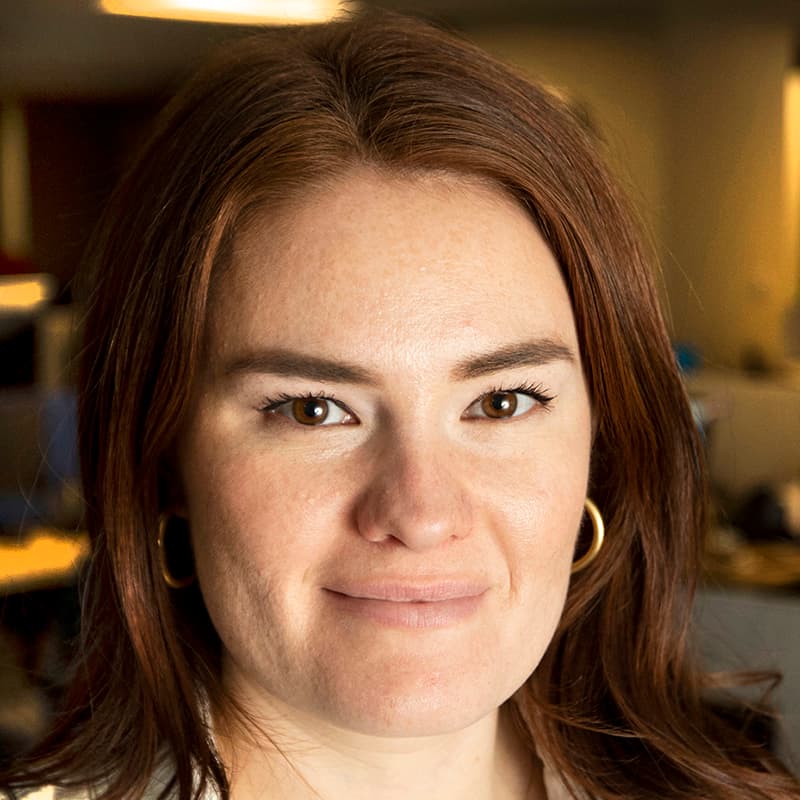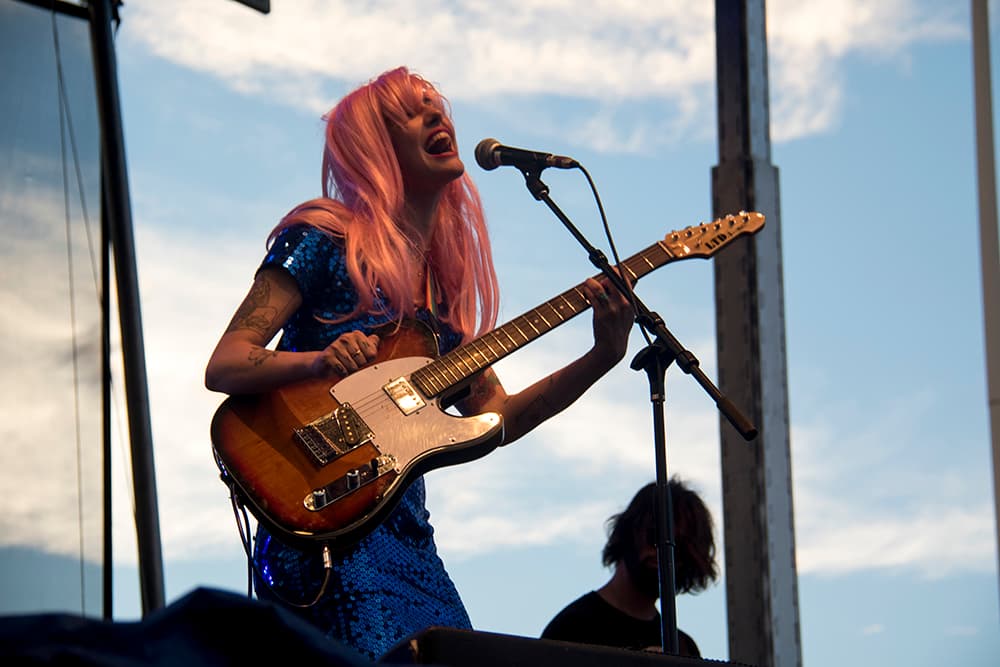The newest strain of the coronavirus materialized well before Esmé Patterson wrote her latest album, "There Will Come Soft Rains." Released in early March, the album is named after a Ray Bradbury short story about the aftermath of a nuclear catastrophe.
The Denver-based singer-songwriter was one of several Colorado-based artists looking forward to playing South by Southwest, scheduled for March 13-22. Those plans were derailed after city officials in Austin, home to the 33-year-old arts, music and tech festival, decided to cancel SXSW because of the COVID-19 outbreak, which has sickened at least 100,000 around the globe and killed hundreds, mostly in China.
But as people shore up on the essentials amid fears that the virus will lead to large-scale quarantines and supply-chain interruptions, Patterson spoke on Monday about coronavirus with a sense of calm, as if she'd already gone through the end of the world and lived to talk about it.
Traveling America as a touring musician, Patterson said, "I've seen some sh-."
There was, for example, the time she caught swine flu on the road. Or when her show in Charlottesville had to be cancelled after tiki-torch-wielding white supremacists held the Unite the Right rally there in 2017, resulting in three deaths and Virginia declaring a state of emergency.
And the first year she was invited to SXSW as an official performer, the festival was cancelled for the first time in its history.
But Patterson isn't bitter.
"The city of Austin did what was in their best interest as a city," she said. "And I think that was wise if that's what they needed to do."
SXSW attracts about 400,000 people from around the world to the city of 950,000. Before the festival was officially cancelled, big-name participants like Facebook, Twitter and TikTok had backed out.
In a way, Patterson said she and others in her generation have been preparing for some sort of apocalypse. "Growing up in the '80s, people were just worried about recycling and the 'Teenage Mutant Ninja Turtles.' Environmental awareness has been hammered into my generation since the beginning. But also there's this sense of powerlessness. There's a difference between people telling you you can do something about the planet, or sometimes people tell you you can't."
Like in the event of a nuclear disaster. Released in 1950 and eventually folded into his famous "Martian Chronicles," Bradbury's story is about a town in California wiped out by a nuclear accident. But one home continues its automated systems -- making meals, cleaning, addressing its owners as if they weren't dust -- like usual.
At one point, the home recites the poem favored by the lady of the house, Sara Teasdale's "There Will Come Soft Rains," which is about nature reclaiming a battlefield after war.
"I've just felt like surrendering to the cycles of life and death, acknowledging it and making art, commenting on it and trying to raise awareness of these cycles existing, is my role in it," Patterson said. "Humans are not the only part of nature, even though we act like it sometimes. There was a comfort to me that the Earth will go on if it has to."
But how it all relates to the coronavirus?
"I dunno, man," she said. "It's just important to have a sense of perspective about everything. In ways that are: let's take this seriously, let's look at the ways this could affect us. But let's have perspective on what it really is. Help each other not freak out."
Patterson will continue her tour, which takes her mostly through the West. It includes a stop in Seattle, despite Washington state being ground-zero in the U.S. for COVID-19 infections and death.
The show is still planned, but Patterson said she will reassess if city officials indicate large-scale outings are unsafe. "We're not going to put people in danger," she said.
Patterson still planned on attending unofficial SXSW events in Austin. Austin's decision to cancel the festival has affected her financially, but she said she always expects that plans will change on the road.
"The thing that is most dangerous is when people freak out," Patterson said. "It's when there's mass hysteria -- that's the most dangerous thing. More than an infectious disease."














